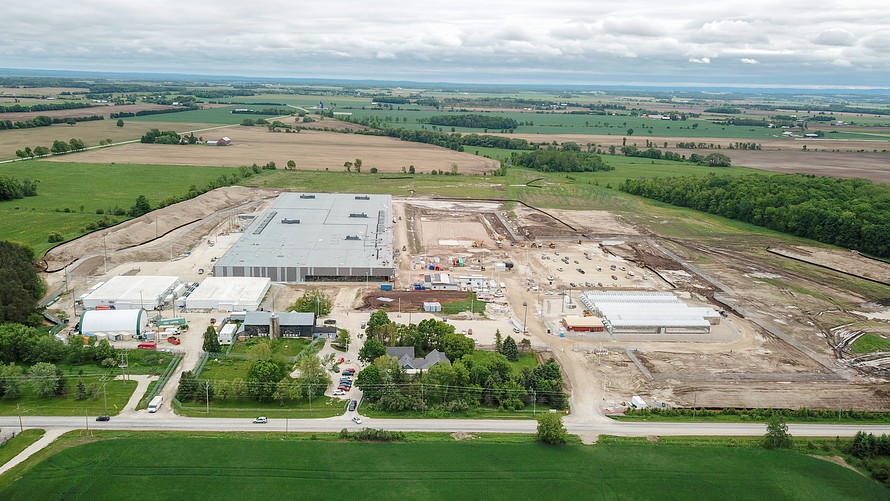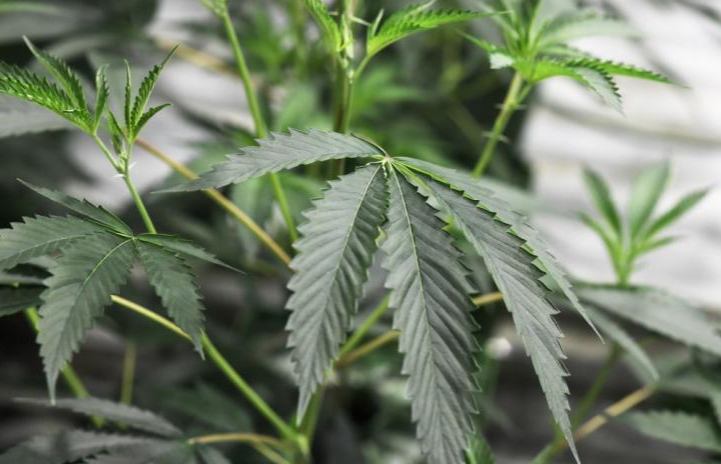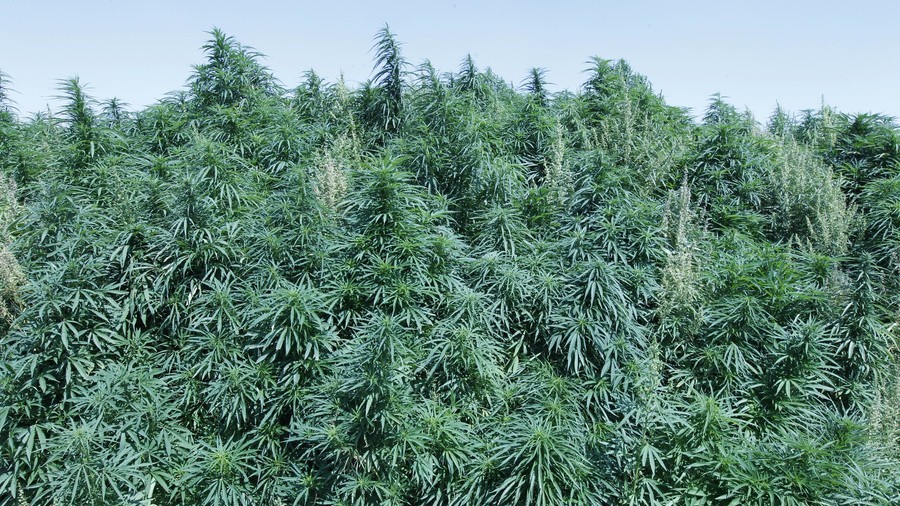The following article is part of a package of stories that MarketWatch is publishing to mark the start of full legalization of cannabis for adult recreational use in Canada on Wednesday. For more, go here.
Heinz designs the genetic makeup of the tomatoes used for its renowned ketchup, but it doesn’t own the farms that grow the fruit.
Toronto-based weed company Cronos Group Inc., which is listed on the Toronto Stock Exchange CRON, -6.56% and the Nasdaq CRON, -7.55% is aiming to duplicate that model. The company doesn’t want to be in the business of growing cannabis in the long run, or at least it is not convinced that’s the best strategy. Instead, as Chief Executive Michael Gorenstein put it on a recent call with analysts, the company thinks of the marijuana industry in terms of chemistry.
The theory says that marijuana plants are valuable because they produce compounds called cannabinoids, the most common and abundant of which are tetrahydrocannabinol, or THC, and cannabinol, or CBD. THC is the chemical that produces the psychoactive effect associated with pot, while CBD is believed to have health benefits while not producing a buzz.
But there are at least six other cannabinoids in marijuana plants beyond THC or CBD, and Cronos wants to make it cheaper and more efficient to extract more of them, which could lead to discovery of new uses for them. While many analysts and investors are currently modeling the cost per gram of pot, Gorenstein believes the future lies in modeling the cost of the cannabinoid itself.
Here’s how the company plans to do that:
Intellectual property
One of the key partnerships Cronos has struck is with a privately held American company called Ginkgo Bioworks. Ginkgo has agreed to use its own technology that designs and prints new DNA to create microorganisms that will produce eight target cannabinoids at industrial scale through industrial fermentation. Cronos has struck a deal to use the technology around the world and claims it will drive the cost of producing cannabinoids to less than $1,000 per kilogram.
If successful, the company would lower its capital-expenditure costs when moving into new markets, since it would be able to use existing breweries and other pharmaceutical facilities. And, in addition to producing cannabinoids at a lower cost, it may be able to mass-produce some cannabinoids that currently account for less than 1% of a typical marijuana plant.
The company has filed a number of patents without disclosing the total, but says it will do so in the future.
What business is it in: recreational or medical?
Cronos is currently involved in both the recreational and medical markets. The company owns a portfolio of companies and has secured partnerships that for now are tapping the medical market where legal, but it’s positioning itself to take advantage of adult recreational cannabis when it begins in Canada on Wednesday. The Ginkgo partnership would likely apply to both markets.
Supply agreements
The company has signed agreements with British Columbia, Nova Scotia, Ontario and Prince Edward Island. No province has indicated precisely how much of its total weed-buying budget it will allocate to a particular company. It also remains to be seen which companies’ recreational products will be successful.
Cronos currently has medical distribution agreements in Germany and Poland. It also has a joint venture in Australia that it views as a jumping off point for Asia, as well as a licensed producer of medical cannabis in Israel and operations in Colombia, where it is in the process of securing a license.
How much weed does it grow and at what cost?
At the moment Cronos says it can grow roughly, 6,650 kilograms on 69,500 square feet — all of which is located in Canada.
According to its most recently quarterly filing, Cronos sells weed for C$7.21 ($9.35) a gram. It sold 477 kilograms in the three-month period and produced a total of 1,145 kilograms at a cost of C$1.64 per gram.
How much weed can it eventually grow?
Cronos has 1.2 million square feet in development in Australia, Canada and Israel, which it believes can result in growing 110,500 kilograms of pot a year.
In the June quarter, the company posted profit of C$762,000 on sales of C$3.9 million.
Cronos shares have gained 54% in 2018, while the S&P 500 SPX, -0.03% has gained about 5% and the Dow Jones Industrial Average DJIA, -0.36% has gained 4%.








